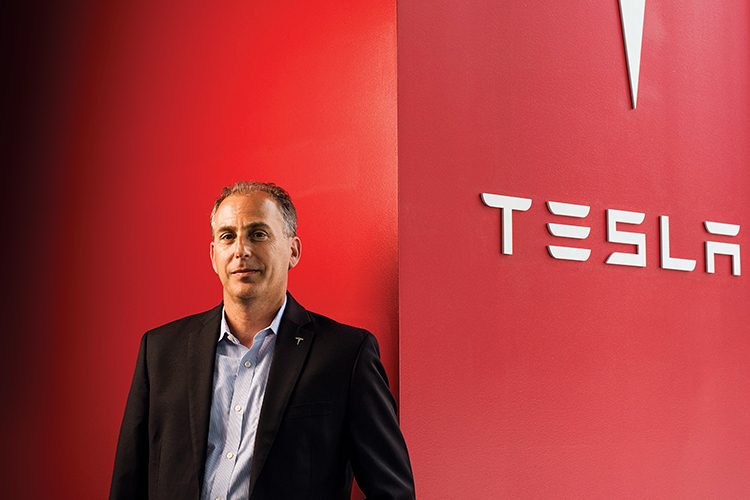Back in the late 1990s, Joe Mendelson ’88 filed a petition with the U.S. government asking a simple question: If carbon dioxide and other greenhouse gases met the definition of air pollutants under the Clean Air Act, then why weren’t they being regulated? At the time, Mendelson was legal director for two NGOs working on improving fuel standards for cars. “Long story short, we sued the Environmental Protection Agency to get an answer to this question,” Mendelson says.
The case grew into one of the most historic environmental cases of all time. Several states joined the nonprofits in appealing the case against the Bush Administration all the way up to the Supreme Court. Mendelson was one of three lawyers who argued the case, which eventually broke 5–4 in the environmentalists’ favor. “Sitting at the Supreme Court talking about climate change for the first time ever is pretty significant,” Mendelson says. “To get the legal victory was monumental.”
Since that time, Mendelson has spent his career defending that momentous decision. After years working as Democratic chief climate counsel for the U.S. Senate environmental committee during the Obama Administration, Mendelson left to take a position in the private sector, as senior counsel for policy and business development at Tesla. While his position may be different, he still has the same aims — to reduce emissions that cause climate change.
Mendelson was inspired to work in environmental law when he was a Colgate student attending a summer class abroad co-taught by Sen. Gaylord Nelson, one of the founders of Earth Day. “He gave a lecture on how we are doomed without sustainability,” Mendelson recalls. “It made a lot of sense to me.” A few years after law school at George Washington University, he co-founded several nonprofits leading to the historic court battle. After the case, Mendelson became director of policy at the National Wildlife Federation’s climate program lobbying Congress for climate legislation.
More recently, in 2015, he left the government and nonprofit world to join a solar power company that was acquired by Tesla last year. Now he handles all policy and legal issues involving climate, clean air, and trade for the car and clean energy company. “It takes me out of the high-level policy realm to actually work with the technologies that are going to transition us out of the carbon-based world into a clean-energy future,” Mendelson says. Unique among domestic car companies, Tesla has supported higher fuel economy standards. “It has been successful in driving all of the other auto manufacturers to electrify their fleets.”
Despite the Trump Administration’s general opposition to legislation and policies to address climate change, Mendelson has found ways to work with Republicans in government. “All of our cars and the majority of our batteries are made in the United States,” Mendelson says. “For an administration that wants to foster jobs and exports by American companies, we should be aligned.” Mendelson has helped Tesla earn exemptions from steel and aluminum tariffs, as well as other policies to support domestic solar cell production.
At the same time, the current administration has gone back on Obama-era rules on regulating carbon dioxide and other greenhouse gases for cars and power plants, putting in jeopardy Mendelson’s court case victory from 30 years ago. He is girding himself to rejoin the battle to defend it — all the way back to the Supreme Court if necessary. “I hold out hope for a political solution, but if not, there will be massive litigation,” Mendelson says. “We have a very good case, and I believe the climate side will eventually carry the day.”

